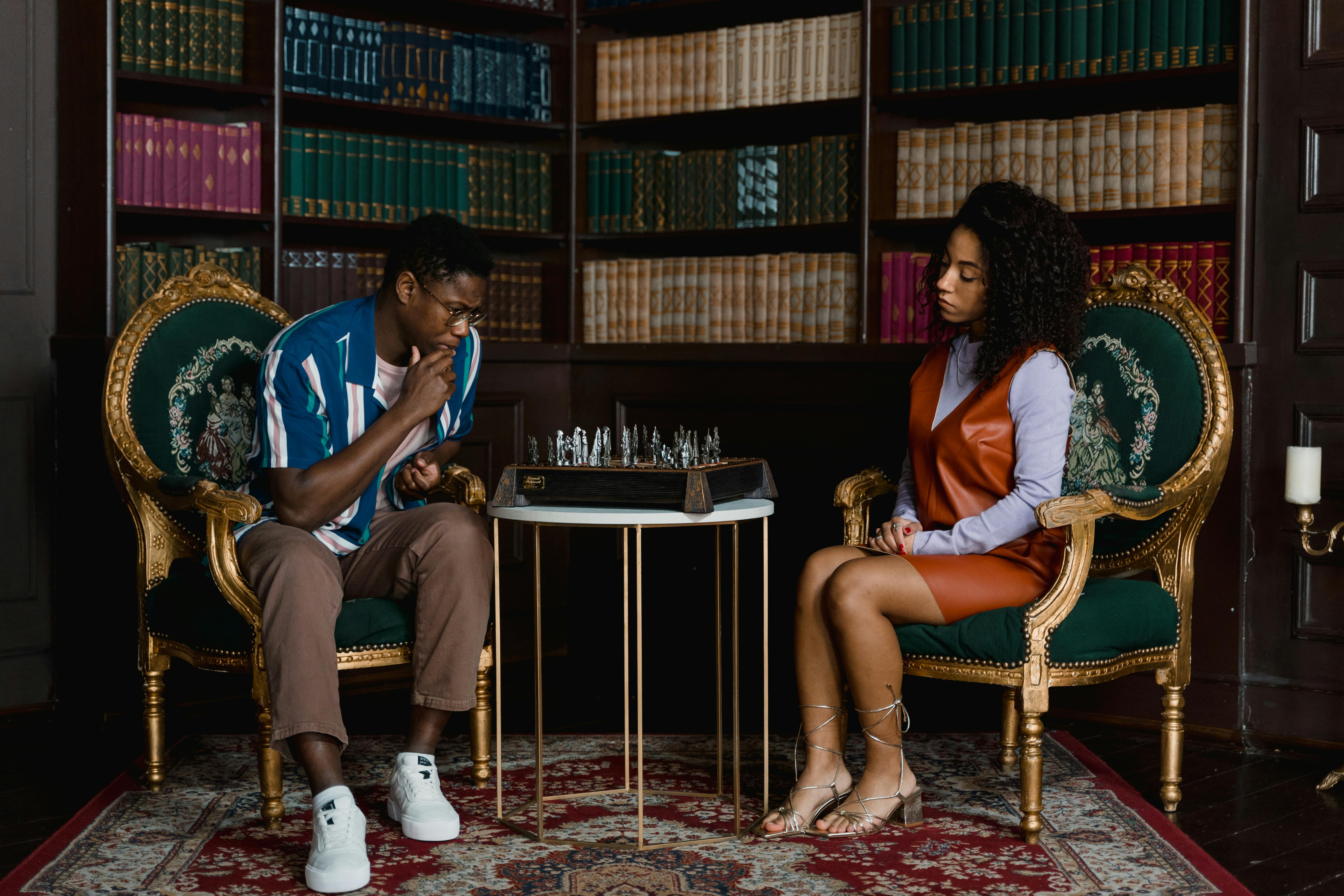Isn’t it interesting how, when we are in a long-lasting relationship, we expect, and even assume, that our partner will know what we like and what we dislike, how we think about certain things? We can be disappointed, even angry, if they make a mistake, don’t “get” us, or completely misunderstand us; ‘They should have known that I would / would not like that regardless of what they were thinking!’
We may feel that they are not paying attention, that they are not fully invested in the relationship, that they do not care enough about us. But perhaps we should ask ourselves if we have explained ourselves well enough. How could they know these things, we have told them, we hope they are psychic?
We meet other people, potential new friends, in random but self-selecting situations, often starting with just one or two points in common. We can work together, go to the gym at the same time, network, use public transport. Over time, our initial smile of appreciation can gradually evolve into a few words of friendly greeting or even an interest in taking things further and socializing together.
A new friendship may blossom as we begin to discover more about each other, perhaps being pleasantly surprised to discover shared interests, likes, and dislikes. We may feel so comfortable and in tune with each other that we simply assume that we share the same opinions and views on many other topics.
Someone I hardly know, a friend of a mutual acquaintance, recently texted me saying that he had a dream about me. In his dream, he said that I wanted to tell him certain things, but I felt unable to do so. She had texted me because she was worried about me and my emotional state.
She was surprised when I replied, pointing out that it was her dream, the feelings were hers and that she attributed to me in the dream that it actually had nothing to do with me. He had simply used me as a conduit to express his own thoughts and feelings about various things that were happening in his life. She had interpreted the dream as being true to life, an idea of how I really felt at the time, when it was really about her.
This is a perfect example of how our own reality can absorb and consume us to such an extent that we lose sight of how unique our personal experience of life is. Each of us has our own individual perspective and perception of life and living.
So how can we understand each other better?
– When we want to relate, understand and get to know others. improving the way we listen to them is an important skill. Double checking that we have heard and understood correctly, perhaps clarifying details that we are not sure of and showing that we are interested and engaged, helps improve communications.
– Practice empathy. How would you feel if you were in their situation? Clearly, they have their own interpretation of what is happening, but being supportive and showing an emotion that resonates with what they have said shows that you are trying to be in tune with them, you are respecting their situation.
– But still, avoid hijacking the conversation. with a, ‘I know how you feel, it happened to me, let me tell you everything!’ While it can be comforting for them to know that they are not alone in their experiences, it does lessen their feelings and makes the conversation all about you. He’s not very understanding, is he?
– Avoid the temptation to jump to conclusions, Finish the sentences or guess what they tell you. Make good eye contact and be patient as you listen carefully. Understanding comes from appreciating the big picture, how they feel about their story, not just the words that are being said.
– Good communicators avoid the use of jargon or acronyms. They explain the basics, not in a condescending way, but in a way that allows others to feel comfortable and included. When we are familiar with our own subject, we are too aware of our own history, it can be easy to assume that others are as aware as we are, that they have the same level of understanding. But that is not always the case.
We can be so immersed and wrapped up in our history, our own version of events that, often without realizing it, we prevent others from understanding us. A little more care and attention invested in expressing ourselves well can make a difference and help others understand us better.


